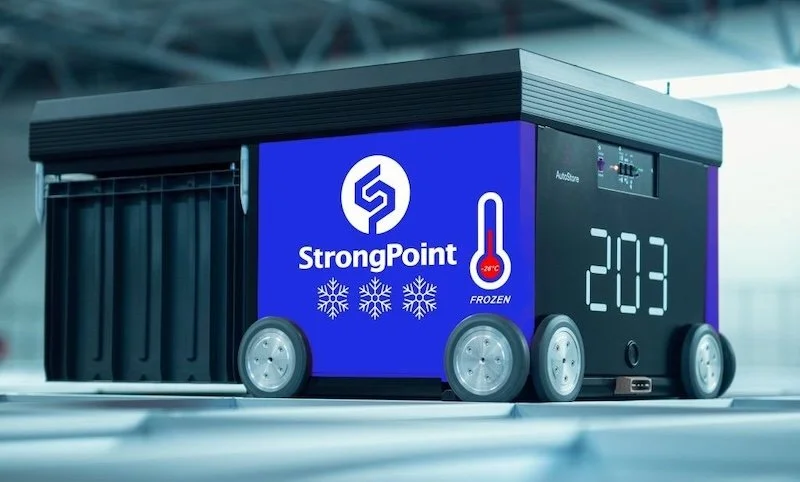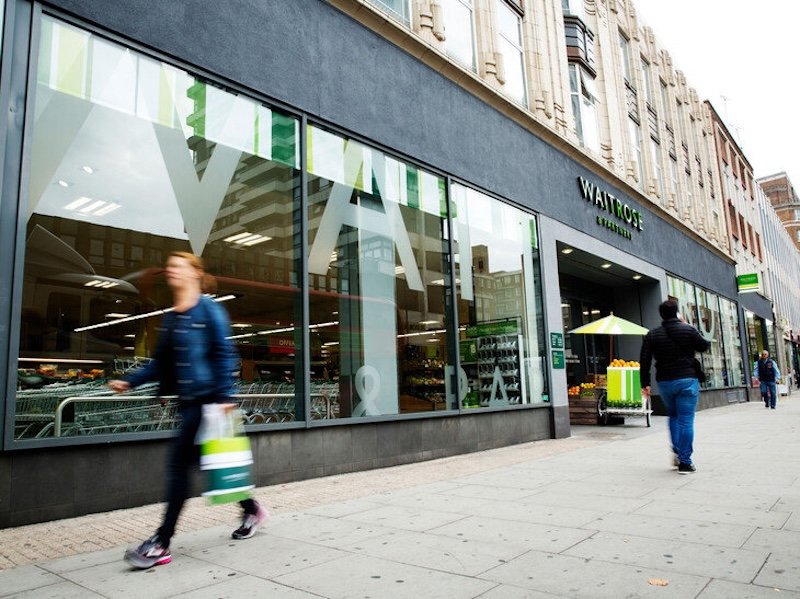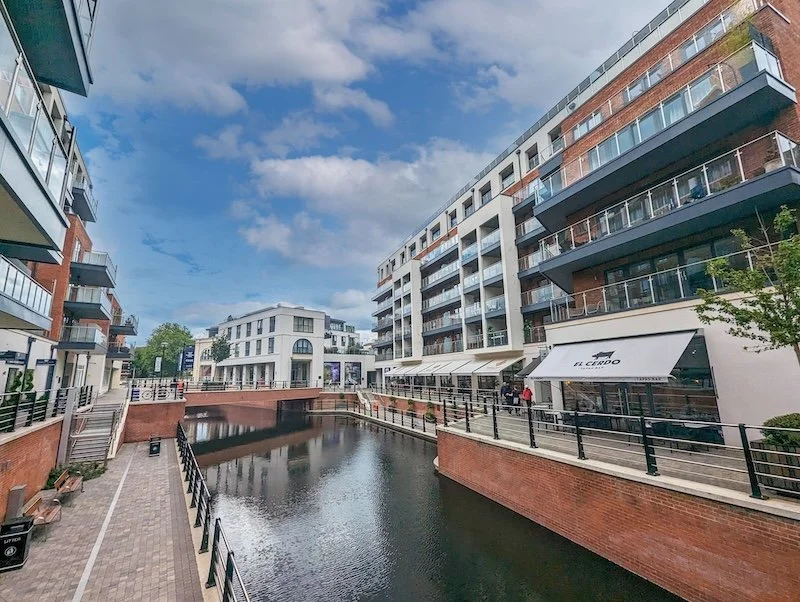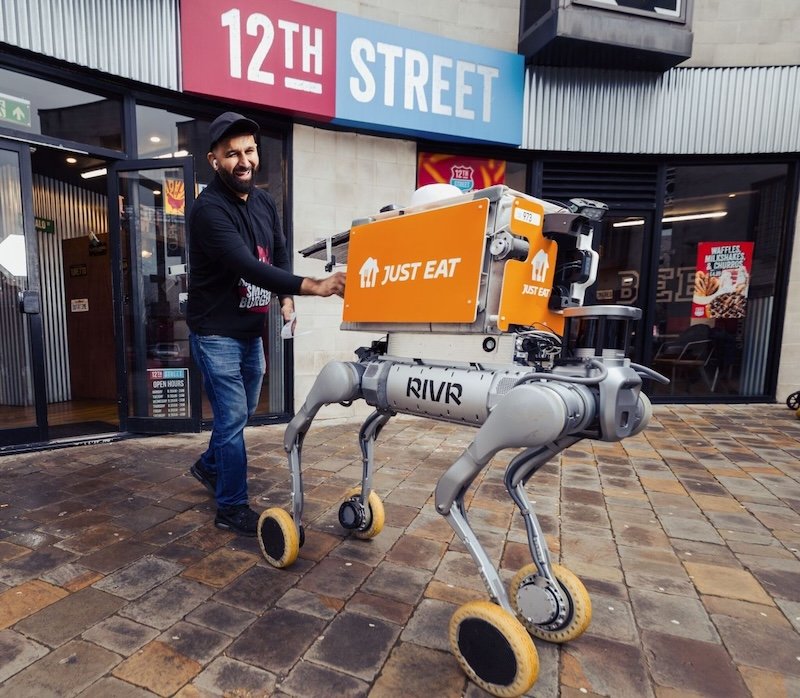Retail Technology Show 2024: Sustainability initiatives showcased by Harrods Supply Chain Director
Sustainability in the retail supply chain is vital if CO2 and greenhouse gas (GHG) emissions are to be reduced.
Simon Finch, Supply Chain Director at Harrods, talked about what the retailer is doing on the second day of Retail Technology Show (RTS) 2024 in London last week.
The sustainable driver is especially important as the environmental, social and governance (ESG) agenda, which maps to the UN’s 17 Sustainable Development Goals (SDGs), advances.
This could garner better bank interest rates on loans and deliver other non-reputational benefits to companies that embrace the green agenda.
“It’s important that people talk about the topic and aren’t afraid about accusations of green washing,” said Finch, who certainly couldn’t be accused of green hushing, where firms refuse to debate the issue for fear of reputational damage.
Silence is not the way to go if real change is to happen quickly to reduce greenhouses gases and climate risk.
Partnerships across supply chains and industry wide collaboration via organising bodies such as the GS1 UK chapter of the standards body, which has been involved in barcodes previously and generally pushes for collaborative efforts across the retail and healthcare via its 58,000 membership, are hugely important.
It is only collaborative efforts in advancing the green agenda and net zero aims that will move the dial significantly.

Sustainable examples
As a small example, Finch shared with the RTS audience that Harrods has a partnership with Burberry.
“If one of their trench coats is ordered online by a shopper in New York City with us, for instance, then it will come from Burberry’s warehouse in New Jersey – not from us in London – saving air miles,” he said, adding that the luxury retailer has also signed up to the ‘plastic pact’ to eliminate plastics as much as possible.
The Scope metrics covering direct, indirect and GHG emissions in the supply chain, are also very useful guidelines for those wanting to introduce sustainable initiatives. Harrods have embraced a number of projects using them:
· Scope 1: “In 2020, we electrified our delivery fleet,” explained Finch, in order to cut our direct emissions. “In 2021, we replaced diesel fuel in our big lorries, which use almost 300,000 litres per year, with hydrated vegetable oil (HVO), even though it is 10% more expensive.
Since then, however, partnering with four other luxury retailers to pool our resources and get economies-of-scale purchasing power on an aggregated two million litres per annum has allowed us to get a price reduction.”
· Scope 2: indirect emissions have been improved at Harrods by covering its West Berkshire warehouse in the UK with solar panels, which went live in September. “We now generate more power than we need, passing it back into the national power grid,” explained Finch.
· Scope 3: is more difficult as it’s more upstream involving many different partners in the supply chain and indirect impacts. “However, we are looking at if sustainable aviation fuel, might be an option in future,” said Finch, while cautioning that it could adversely impact food production and have other affects that need to be considered.
Issues around circularity, where Harrods for example offers a repair service for high-end handbags, and around the usefulness or otherwise of digital passports were also debated in the RTS 2024 conference session on 25th April during a Q&A section.
As was if customers will pay extra for sustainable green initiatives. “You never really know, but our surveys tend to indicate no,” said Finch, while stressing that this doesn’t mean you shouldn’t do it anyway for reputational, staff recruitment and other reasons.
Some projects might save money as well as waste is removed from the supply chain.
“I believe sustainability will be ‘table stakes’ in the future, so initiatives are worth doing,” argued Finch.
Harrods’ efforts so far clearly show that his company agrees with him. Incremental wins and a collaborative approach might just save the planet one step at a time.






























Continue reading…